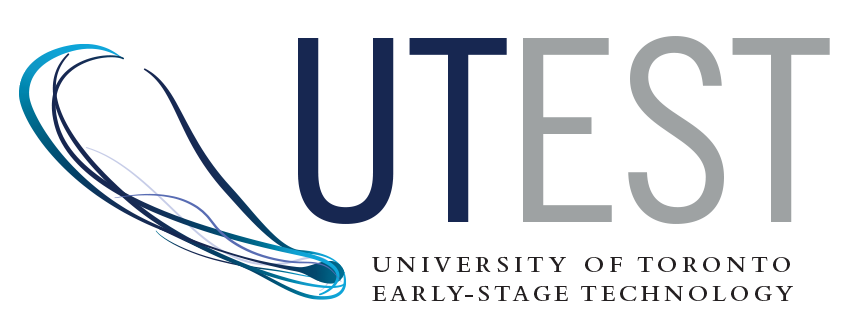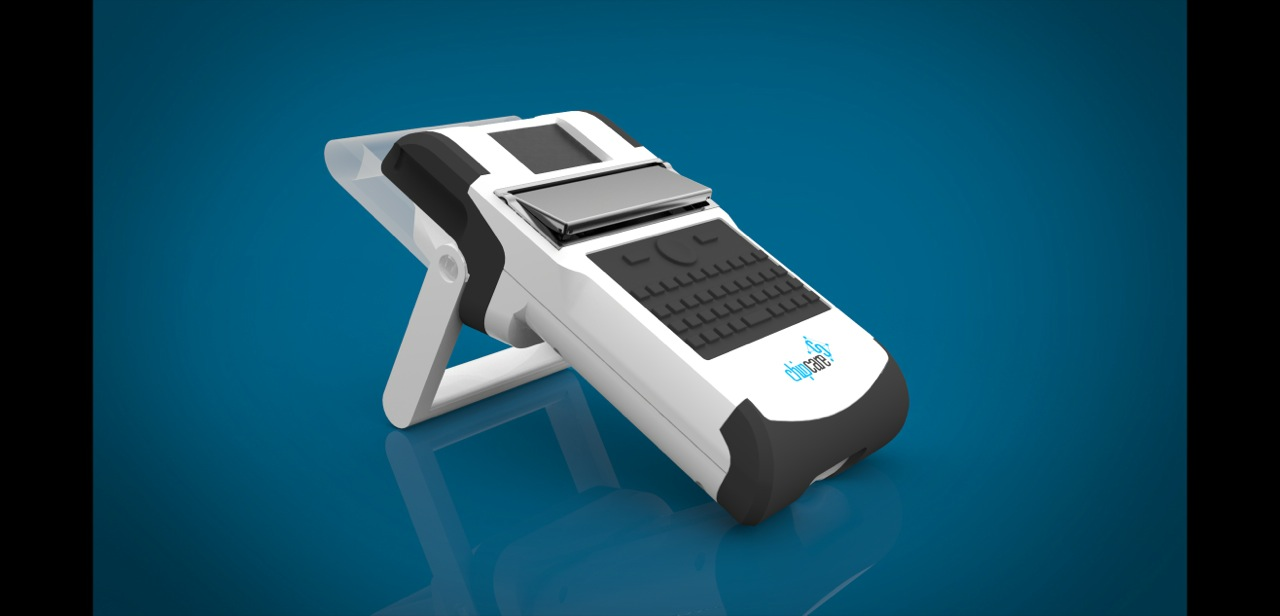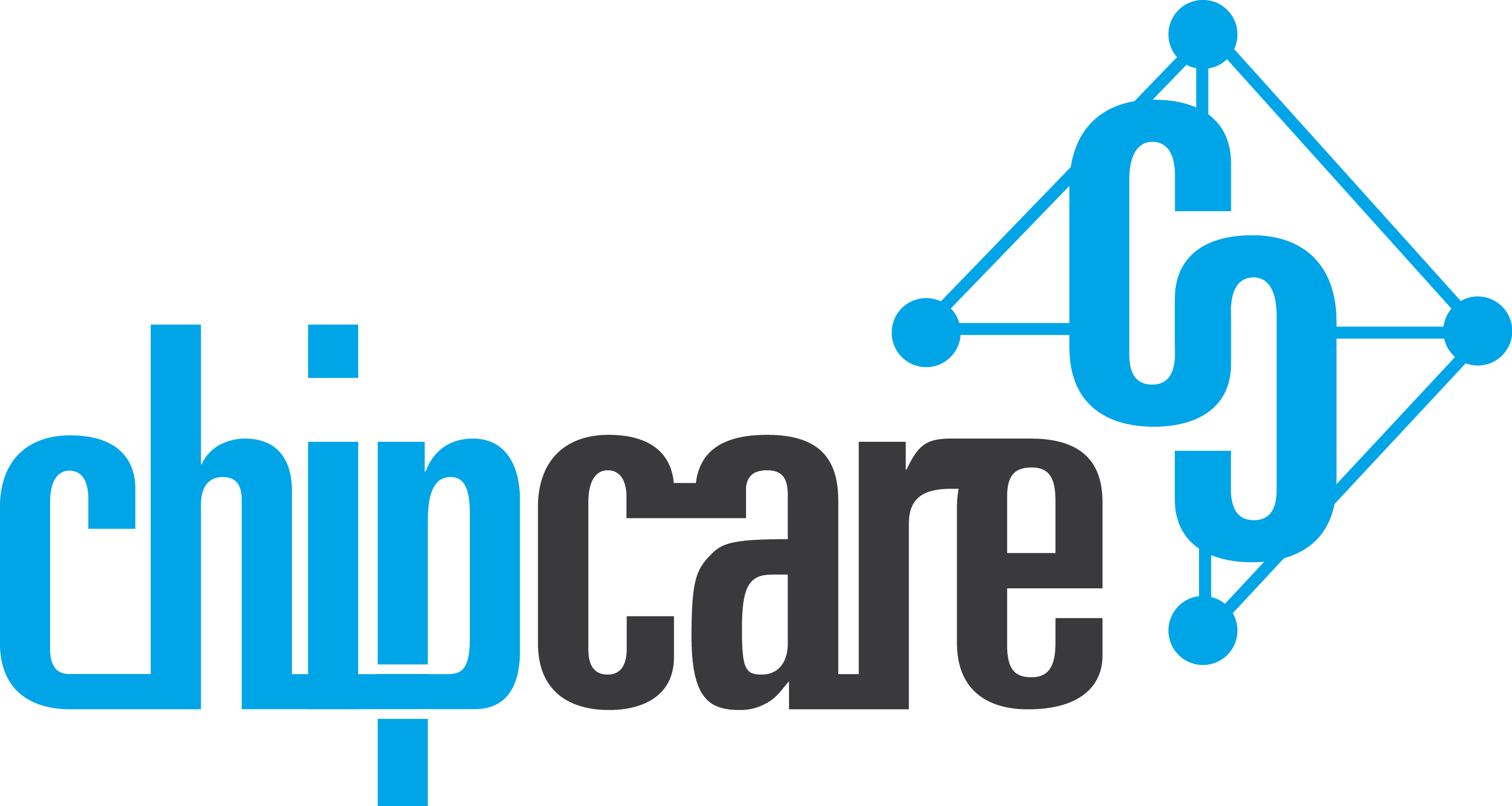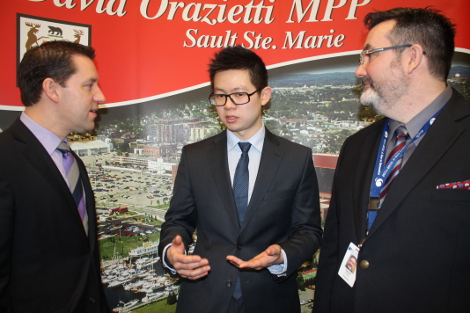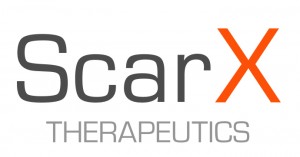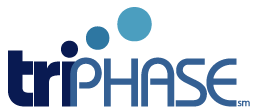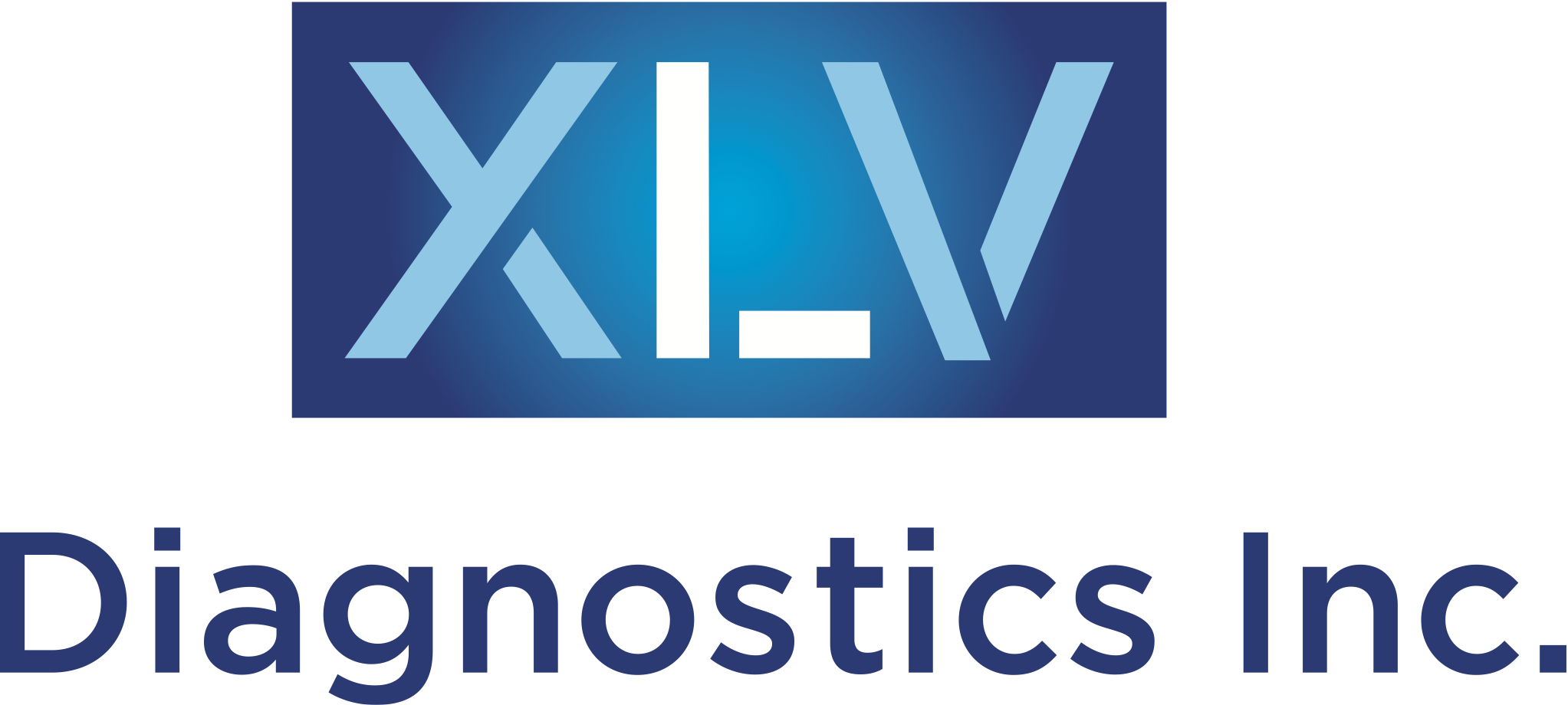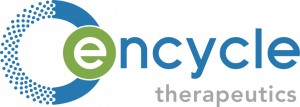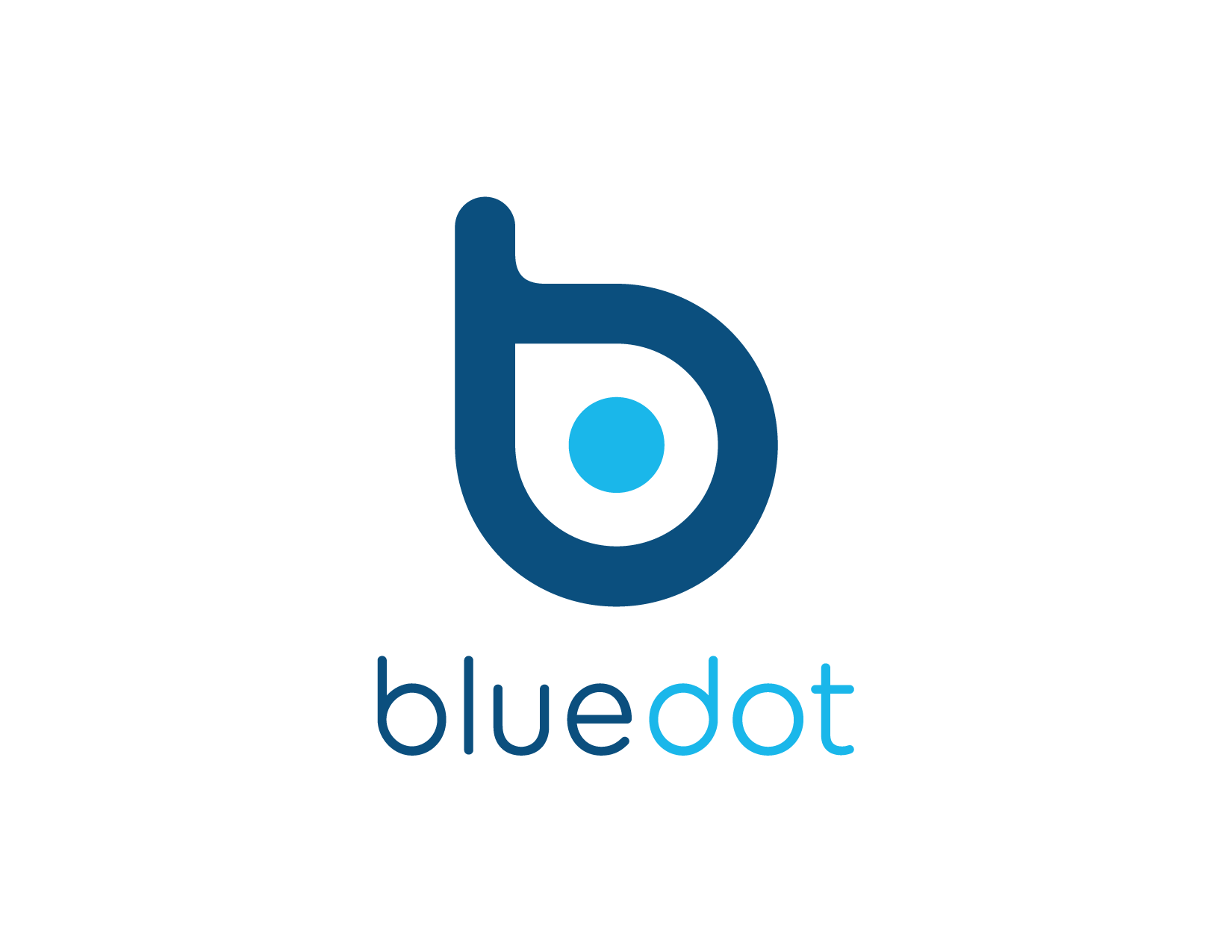Smartphones and mobile tablets becoming mainstays for clinicians
VitalHub’s partnership with Microsoft and Intel for Seattle Children’s Hospital pilot and British Columbia contracts featured in Canadian Healthcare Technology
 “As hospital invest continue to invest in mobile solutions, doctors and nurses are more likely to be texting on their smartphones or swiping their fingers across a tablet PCs than tapping away on desktop computers,” Dianne Daniel writes in the April 2015 issue of Canadian Healthcare Technology in an article titled, “Smartphones and mobile tablets are becoming essential tools for clinicians” (page 12-13 of the print edition).
“As hospital invest continue to invest in mobile solutions, doctors and nurses are more likely to be texting on their smartphones or swiping their fingers across a tablet PCs than tapping away on desktop computers,” Dianne Daniel writes in the April 2015 issue of Canadian Healthcare Technology in an article titled, “Smartphones and mobile tablets are becoming essential tools for clinicians” (page 12-13 of the print edition).
VitalHub Corp, a Mount Sinai Hospital spun-off through partnership with MaRS Innovation, is among the healthcare technology companies delivering services to hospitals as part of this trend.
Daniel writes:
One company that is giving clinicians the option to use their preferred device — whether iOS, Android, or Windows 8, smartphone or tablet — is VitalHub Corp, a Mount Sinai spin-off launched in Toronto in 2009. “We have found that many hospitals provide their nurses with mobile devices and can therefore select the platform they would prefer for those users, but physicians are generally expected to be BOD,” said VitalHub CEO Lisa Crossley. “So for a mobile solution to be practical, it has to be cross-platform.”

 Nvest
Nvest